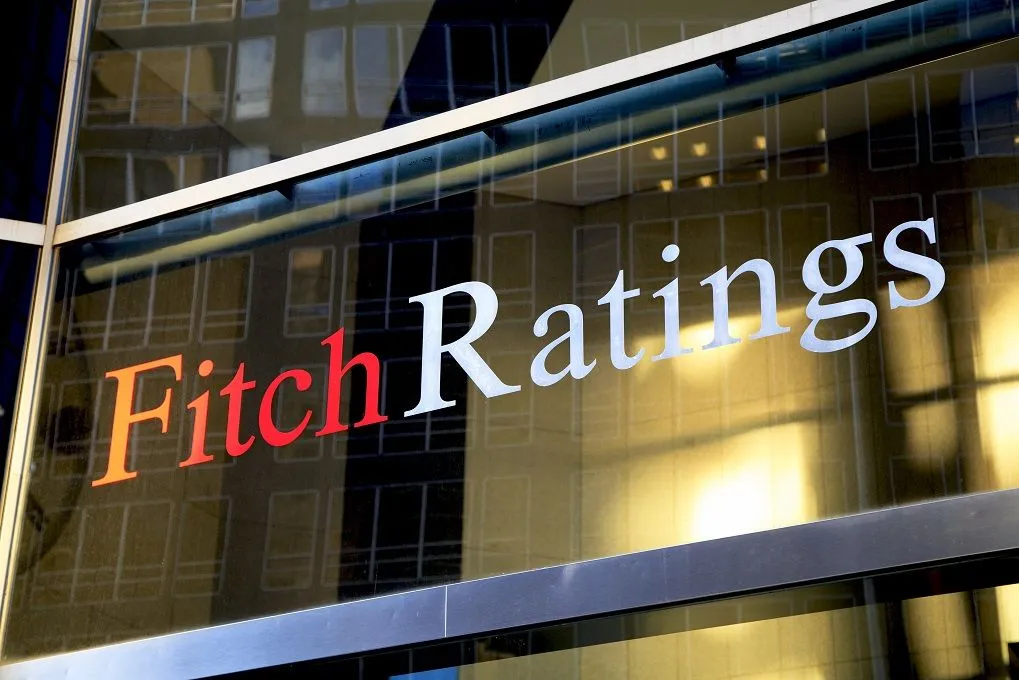Fitch Ratings, a leading credit rating agency, has affirmed Bulgaria’s Long-Term Foreign-Currency Issuer Default Rating at ‘BBB’ with a Positive Outlook, signaling confidence in the country’s economic trajectory. The decision, announced by the Bulgarian Ministry of Finance, underscores Bulgaria’s robust external and public balance sheets compared to its peers at the ‘BBB’ level, as well as its steadfast policy framework supported by EU membership and a longstanding currency board.
The Positive Outlook reflects the potential for Bulgaria’s adoption of the euro, a move that could further bolster its external metrics. Despite delays in the euro adoption process and recent political uncertainties, Fitch Ratings highlights a strong political commitment both domestically and within the EU to the eventual adoption of the single currency. Legislative measures addressing post-ERMII commitments have been enacted, with further steps anticipated for implementation.
Regarding Bulgaria’s progress towards eurozone accession, Fitch Ratings notes improvements in inflation rates, though challenges persist in meeting the price stability criterion. Bulgaria intends to seek a reassessment of its convergence progress in the latter half of 2024, with potential entry into the eurozone expected in 2025. However, the formation of a stable government and coalition negotiations may influence the timing of Bulgaria’s eurozone entry.
In an interview with the Bulgarian Telegraph Agency (BTA) during the 2023 Spring Meetings of the World Bank Group and the IMF, IMF’s European Department Director Alfred Kamer expressed confidence in Bulgaria’s readiness to join the euro area by 2025. He emphasized the importance of fiscal responsibility in curbing inflation and suggested measures such as a more progressive tax system and corporate tax adjustments to enhance public services.
Recent developments indicate positive reception among eurozone countries towards Bulgaria’s efforts to adopt the euro. The government aims for an assessment in June 2024 to determine its eligibility for eurozone entry, with further evaluations anticipated in the autumn to meet inflation rate requirements.
Bulgarian National Bank Governor Dimitar Radev, in a recent BTA interview, echoed the possibility of Bulgaria’s eurozone entry in 2025, emphasizing the pragmatic approach to timing. With ongoing assessments and policy adjustments, Bulgaria remains on track towards fulfilling its aspirations of joining the eurozone, positioning itself for greater economic integration and stability.

